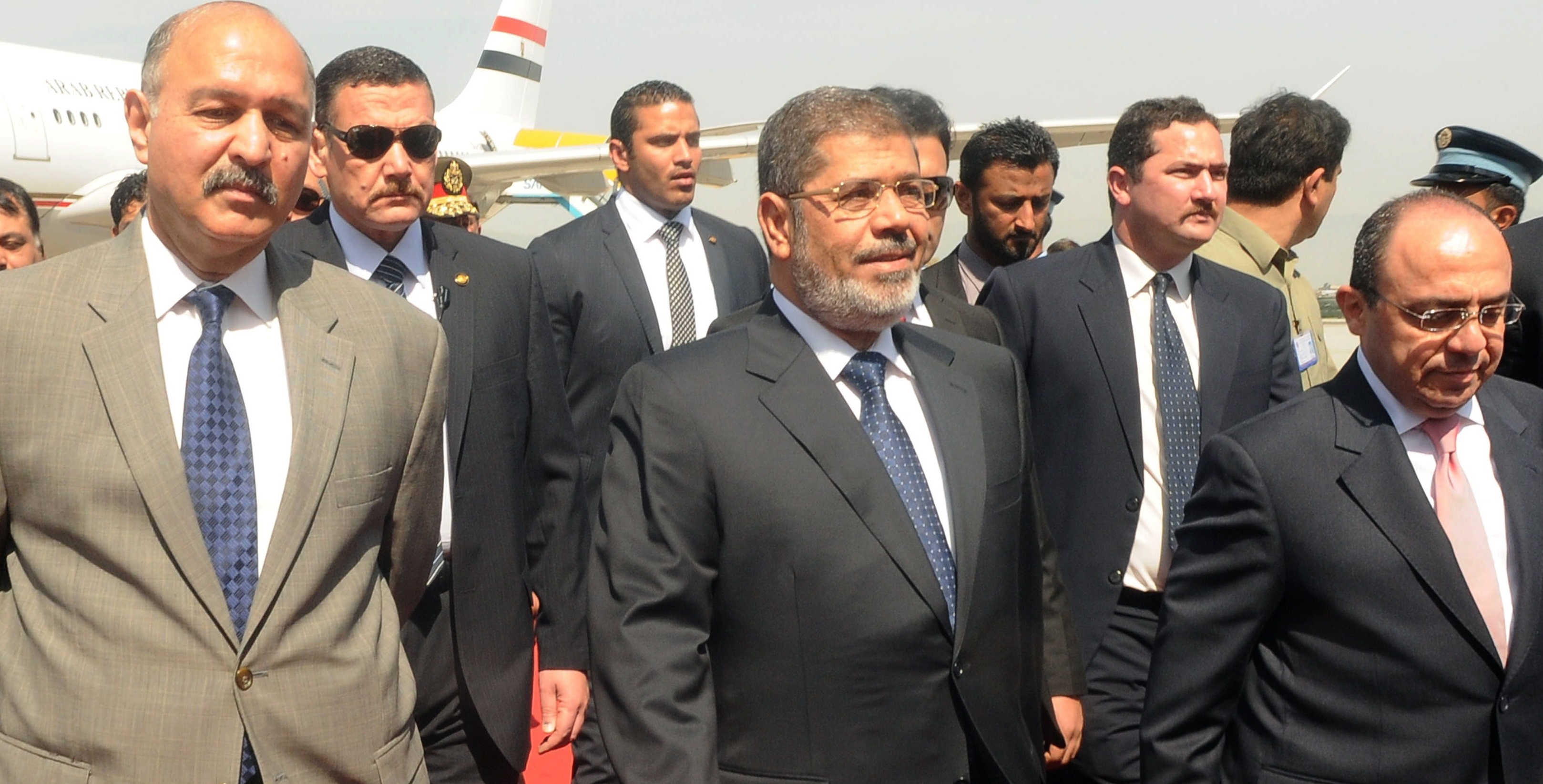Amid strict security measures, the Egyptian parliament received Sunday Saudi Arabian King Salman bin Abdulaziz Al-Saud.
State-owned media reported that MPs were not allowed to park their cars in the parliament’s parking area and were also not authorised to keep their mobile phones on them during the session.
Parliament Speaker Ali Abdul Aal opened the session Sunday after 1pm, which was aired on local television channels, despite a media gag on broadcasting parliamentary sessions. Abdul Aal highlighted what he described as the positive and crucial role of Saudi Arabia’s efforts in countering terrorism in the region, especially concerning the Yemeni and Syrian crises.
During his speech, Saudi King Salman spoke of the mutual agreements and memoranda of understanding signed between Egypt and Saudi Arabia, emphasising the new Red Sea bridge agreement which he said aims to boost the movement of regional trade and job opportunities.
“Our legislative and executive powers must together fulfil their responsibilities towards our peoples, and the cooperation between Egypt and Saudi Arabia is a golden opportunity to do so,” Saudi King Salman said, announcing a new project to establish a free-trade zone in North Sinai.
The Saudi king’s visit to parliament is part of a five-day visit to Cairo which began Thursday. The visit has been much praised by both countries, especially in light of mutual economic cooperation.
His presence in parliament was widely welcomed, with a number of MPs shouting slogans in support of Saudi Arabia. Some MPs gave short welcome speeches, despite controversy over an Egyptian-Saudi agreement signed Friday re-establishing maritime zones in the Red Sea.
The agreement stipulated the cessation of two-Egypt administrated islands of Tiran and Sanafir to Saudi Arabia. Politicians and researchers have since been trying to refer to historical agreements, geographical maps and other documents regarding the two islands.
The decision was brokered by the executive authority and announced through the cabinet, while parliament did not have a say on the matter. However, Article 151 of the Egyptian Constitution stated that the House of Representatives must approve of the president’s concluded treaties with foreign countries.
The cabinet clarified in a Saturday statement that the decision was going to be submitted for parliamentary referendum.
Meanwhile, MP Haitham El-Hairiri pointed to another part of the same constitution article, which stipulates that “in all cases, no treaty may be concluded that is contrary to the provisions of the Constitution or which results in ceding any part of state territories”. As such, the decision is “invalid”, El-Hariri told local media.
However, other MPs told local media that the details of the decision are not as they appear, demanding more details from the cabinet to be presented to parliament and suggesting further examination and review of the details.
While opinions were divided and confused over the sovereignty of Egypt on the two islands, the cabinet’s statement confirmed they in fact fall under the authority of Saudi Arabia’s regional waters.
Atop the agreements signed by President Abdel Fattah Al-Sisi and Saudi King Salman came a project that would construct a Red Sea bridge connecting the two countries.


